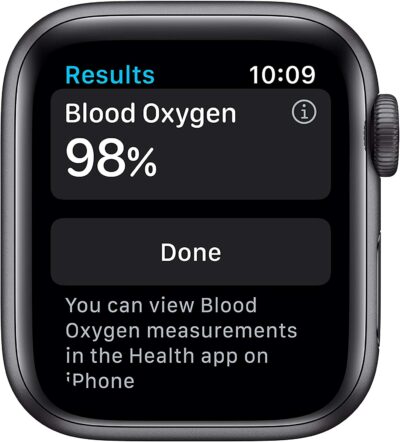‘I’m a Cardiologist, and Here’s What It Really Means When You’re Out of Breath From Walking Up the Stairs’
Wondering why you get winded walking up stairs? A cardiologist explains what's really going on, and how you can breathe more easily.

My first three New York City apartments were sixth-floor walk-ups. My roommate and I used to joke that we were training to summit Mt. Everest, but no matter how many hundreds of times we worked our way up those endless steps, we were winded by the time we hit level two. It didn’t make sense: We were making the climb at least once a day, every day, but it never got easier.
Experts in This Article
athletic trainer and health and performance coach
New York City-based cardiologist and founder of Upper East Side Cardiology
According to a cardiologist, if you too, are out of breath by the time you reach the top of your steps, it has absolutely nothing to do with how “in shape” you actually are.
“The medical terminology for “getting winded” is dyspnea,” says Satjit Bhusri, MD, cardiologist and founder of Upper East Side Cardiology. This phenomenon, he adds, happens when your heart is “working in overdrive” when you’re exerting your muscles in strenuous activities, like walking up a steep flight of stairs. “Your muscles are demanding more oxygen supply and your heart is trying to meet that demand. The final result is cardiac output, which is essentially the amount of energy your heart is putting out to the body,” he says. Your body works to balance its cardiac output by doing things like speeding up your heart rate or forcing you to breathe faster, which explains why your heart is pounding.
According to health and performance coach Cristian Plascencia, CPT, CSCS, who is the CEO of Durable Athlete, there are a few different reasons why this might be happening. “Maybe you haven’t had enough to eat and are under-nourished, maybe you had a tough training cycle, or maybe your heart has a hard time being able to pump more blood and oxygen throughout your body as you increase the demands of your system by going up stairs.”
In other words, if you’re not doing stair climbing training in your day-to-day workouts, you might be winded by the time you get to the fourth floor.
If you want to make those climbs easier, though, Plascencia suggests starting with low-intensity walks or hikes and focusing on building your capacity at lower thresholds. “Breathing through your nose during low-intensity activities can help ensure you keep your heart rate relatively low and also help your body become more efficient at breathing and utilizing oxygen,” he says. Start with 30 minutes, then work your way up to 75, and you’ll see the effects in your breath when it comes time to hit the stairs… which will feel like a cinch after 75 minutes of hiking uphill (and proper fueling and rest, of course).
And if you’re experiencing shortness of breath in other instances—like when lying down (a phenomenon called orthopnea)—make sure you let your doctor know, so you can get to the bottom of it.
If you want to track how many floors you actually climb in a day, snag an Apple Watch:









